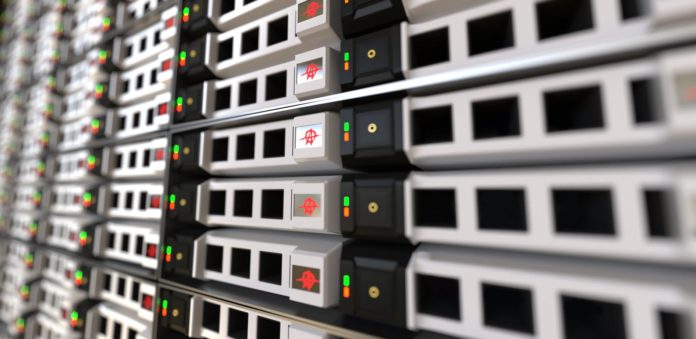By Andrew Beatty
It may be a few more years until 5G wireless technology becomes truly ubiquitous, but when it does, 5G will redefine our expectations for “normal” with all things wireless – and banking will be no exception.
As consumers continue to demand more seamless experiences and instant gratification, the banking industry will have 5G as a new tool in its kit to deliver on those expectations and better serve customers.
Imagine the impact that lightning quick, lag-free mobile experience, with uber-fast response times will have on how consumers bank. 5G will enable easy connections to any number of devices, well beyond a speaker, headphones or a heart rate monitor, allowing banks to engage with their customers in creative ways that make their customers lives infinitely easier.
But to stay ahead of the curve, financial institutions need to be actively thinking about their 5G strategy now. Here are four areas that banks should focus on in the year ahead:
Security and Fraud Detection.
With 5G, banks will be able to add and update security enhancements in real-time, without consumer intervention, for non-disruptive rollouts. The arrival of 5G will also enable increased use of multimodal biometric security measures that combine nuances like the customer’s gait and the position in which he or she holds their mobile phone to validate the mobile user’s identity.
Because 5G allows vastly more data to travel across networks in real-time, it can greatly enhance proactive fraud prevention. Banking technology can instantaneously comb through data like geolocation, transaction amount, and the merchant ID to reduce fraud detection errors and false positives.
The real key for banks right now? Conduct a deep assessment of data collection and usage practices and policy. 2020 will be a big year for new consumer data regulation, so banks need to have a clear, candid and compliant strategy to manage that data if they’re going to successfully bring new 5G-enabled offerings to the market.
Mobile Experience.
Latency will be reduced to under one millisecond with 5G for a true real-time mobile banking user experience. We’ll likely see exciting new mobile banking use cases emerge, like the ability to scan an image of an item in a catalog, brick and mortar store, or on a website for instant purchase.
Faster payments and decreased latency will make mobile and digital payments even more appealing and should boost usage far beyond what we see today. Analysts predict that “standard banking operations” such as payments will also extend to new channels like 5G smartphones, wearables, Internet of Things (IoT) devices and virtual reality.
In order to leverage this, banks should spend the time now developing new strategies to keep their cards at the top of the mobile device—which will expand to phones and wearables, connected vehicles and the like.
Next Generation Customer Service.
5G capabilities will raise the bar for hyper-personalized and immediate customer service, but in order to leverage it by the time consumers come to expect it, banks need to start putting that strategy into place now.
With 5G, consumers will be looking to their financial institutions to instantly resolve issues across all channels. Artificial Intelligence (AI) and Virtual Reality (VR) will likely become “table stakes” for the customer offering, so banks need to determine now how they will leverage automated capabilities while still providing a personalized, human touch for the key clients and experiences that will still require it.
Streamlined Lending and Big-Ticket Purchases.
5G offers the potential to finally streamline cumbersome processes that often accompany big-ticket purchases — from application to credit check to personalized financing offer to approval and funds availability in one slick, end-to-end experience.
Banks that invest in tools to combine artificial intelligence, data and 5G will be able to run many parallel processes in real time. In turn, we expect improvements to the speed and accuracy behind lending decisions, and the ability to optimize lending rates to match each unique applicant’s reality.
With the 5G revolution on the horizon, the banking industry as a whole has a lot to gain, but it the financial institutions that come out on top will be the ones that take measured steps to put that strategy into place now. Developing process and products can help these banks stay ahead of consumer expectations and bring unique offerings to bear once the technology reaches consumer ubiquity.


















